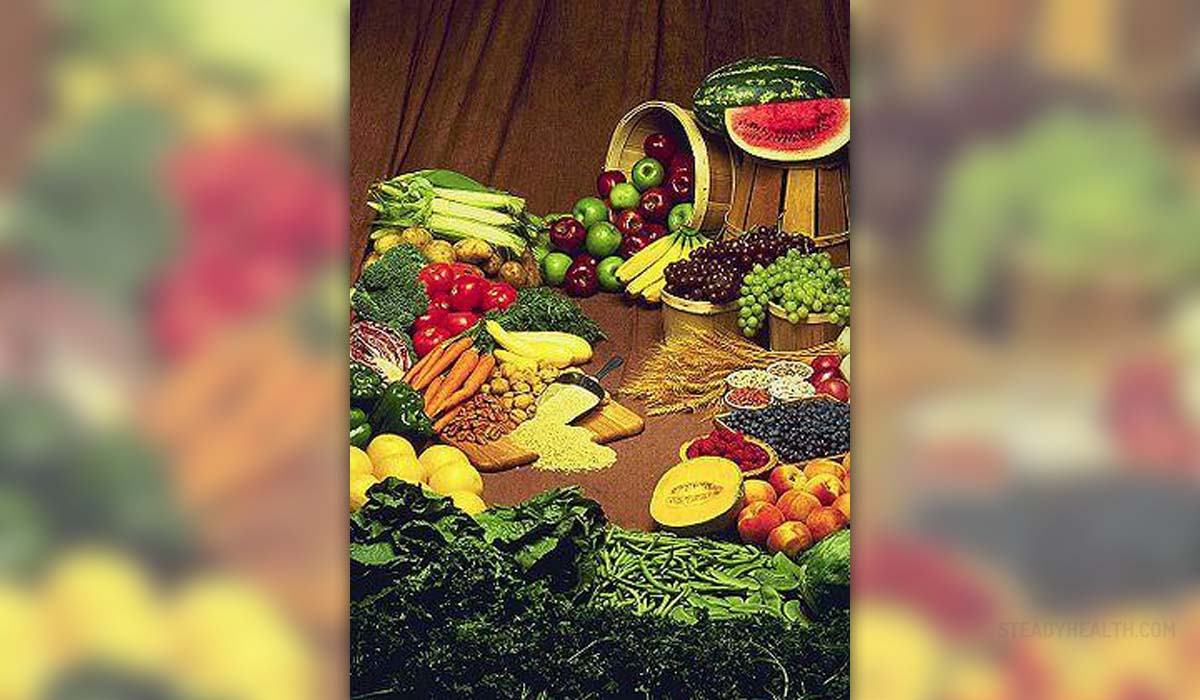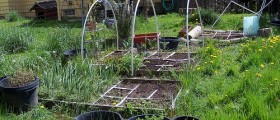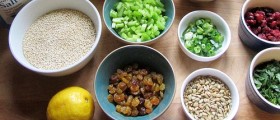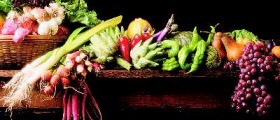
Introduction
The best way to eat and to provide adequate nourishment for the body is to listen and try to understand what it says. The human body is a fine-tuned instrument and if a person can hear what it says, it is possible to stay healthy, strong, vital and disease-free.
The body has different nourishment requirements in different settings and different climates. The body’s need for certain foods changes with seasons simply because it does not function the same way all year round.
Understanding the relation between the food and the seasons is one of the keys for staying healthy. Not only that - the body gets lethargic, and so does the mind, if the diet is dull, repetitive and uninspiring. If the predominant foods in the diet change with seasons, this will be avoided.
Ayurveda teaches that it is very important to observe the climate and to eat accordingly. Each climate zone has its own characteristic temperature, humidity, atmospheric pressure, precipitations and so on. Foods included into the daily diet have to be classified according to that.
Eating with seasons
Apart from unrelated chronic diseases, the medical issues, conditions and problems that arise during summer usually involve dry skin, sunburn, heat stroke, dehydration, insect bites, skin rash and such. The foods make the best choice for summer have to be cooling in nature and highly hydrating. The body heats as the air heats and loses a lot of fluids through increased perspiration. The best foods to neutralize the effect of summer weather are cucumbers, zucchinis, fruit, fruit juices, milk and other airy products, especially if they are low-fat, tofu, rice, iced herbal tea, water. It is better to avoid meat, as well as alcohol. The metabolism of those products is difficult and demanding, and it increases additionally the body temperature. The same goes for sour, hot and spicy foods, for obvious reasons.
Cooler seasons, meaning early spring, late autumn and winter, require a dietary change, as the body switches to more alert state after lethargic, warm and damp weather. The body needs more energy and it certainly needs more heat. At this time, the human body needs warm, moist and lubricated foods, with sharp tastes, preferably coming from ground spices such as cardamom, as well as sour, salty and sweet tastes. The food still needs to be light, meaning no deep-fried or very greasy foods. It is also recommended to eat cooked grains, rice, pulses, meat and other protein-rich foods, hot milk and hot tea.
Then, when the spring comes, it is time to release the stored energy but it is also time for flu and other seasonal ailments. The body needs to be cleansed, for example using nature’s own tonics, such as nettle and dandelion. Ginger is also highly recommended.




_f_280x120.jpg)












Your thoughts on this
Loading...